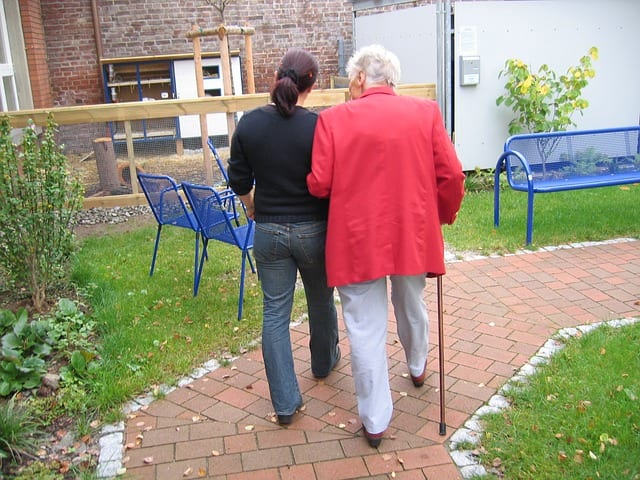All our care / support workers are trained and have an enhanced DBS before starting work. Our carer training involves First Aid, administering and controlling medications, moving and handling (we have the appropriate machinery to move any of our service users, which keeps both the service user and the carer 100% safe), ‘Condition Specific’ training, AND THE MANDATORY 15 CARE STANDARDS to receive The Care Certification, these are: Understanding Your Role, Your Personal Development, Duty of Care Awareness Training, Equality and Diversity Training, Person Centred care training, Communication in care training, Privacy and Dignity in Care Training, Fluids and Nutrition in Care Training, Safeguarding Adults, Safeguarding Children, Mental Health, Dementia and Learning Difficulties in Care Training, Basic Life Support in Care training, Health and Safety in Care Training, Handling Information in Care training, Infection Prevention & Control in Care training.
Training is provided over a number of formats; elearning which can be done from home, onsite training at Compkey Healthcare, in-person training by a professional training provider. All of theses trainings have to be completed to a high standard for an applicant to qualify as Compkey Healthcare Carer. The trainee has to shadow a fully qualified carer for 4 days and then, will be observed performing carer tasks to check their capabilities. When they pass this aspect of their training, they have a Competency Assessment to ensure that they are equipped and ready to do their job.

Hourly Care
Areas Covered: Aylsham, Holt, Sheringham, Norwich and some small surrounding villages.
30 minutes calls can range from a welfare check to preparing you for bed.
Live -in Care
Areas Covered: Aylsham, Holt, Sheringham, Norwich and some small surrounding villages.
CompKey Healthcare Ltd provides a Live-In carer in your home on an ongoing basis for as long as you may require. Your live-in carer will provide you with peace of mind and constant support . With our person centred live-in care package you have greater control and flexibility over how your care is delivered.
The live-in carer provides support on a 1:1 basis allowing you to continue your usual routine in the comfort of your own home. You can have every confidence that there is someone there for your support should you need any assistance.

Waking Night / Sleep Ins
Areas Covered: Aylsham, Holt, Sheringham, Norwich and some small surrounding villages.
(Provided in blocks of 9, 10, 11 or 12 hours)
You may require night care cover for yourself or a loved one and we are here to help.
It may be that you need a short break, while you recover from an illness, hospital stay or an accident.
For waking nights, CompKey Healthcare provides a care worker who will be awake throughout the night whilst providing assistance to you whenever required as well as ensuring your safety and well being.
For our sleep-in nights a care worker will be in your home during the whole night and can be called on should you so require.
